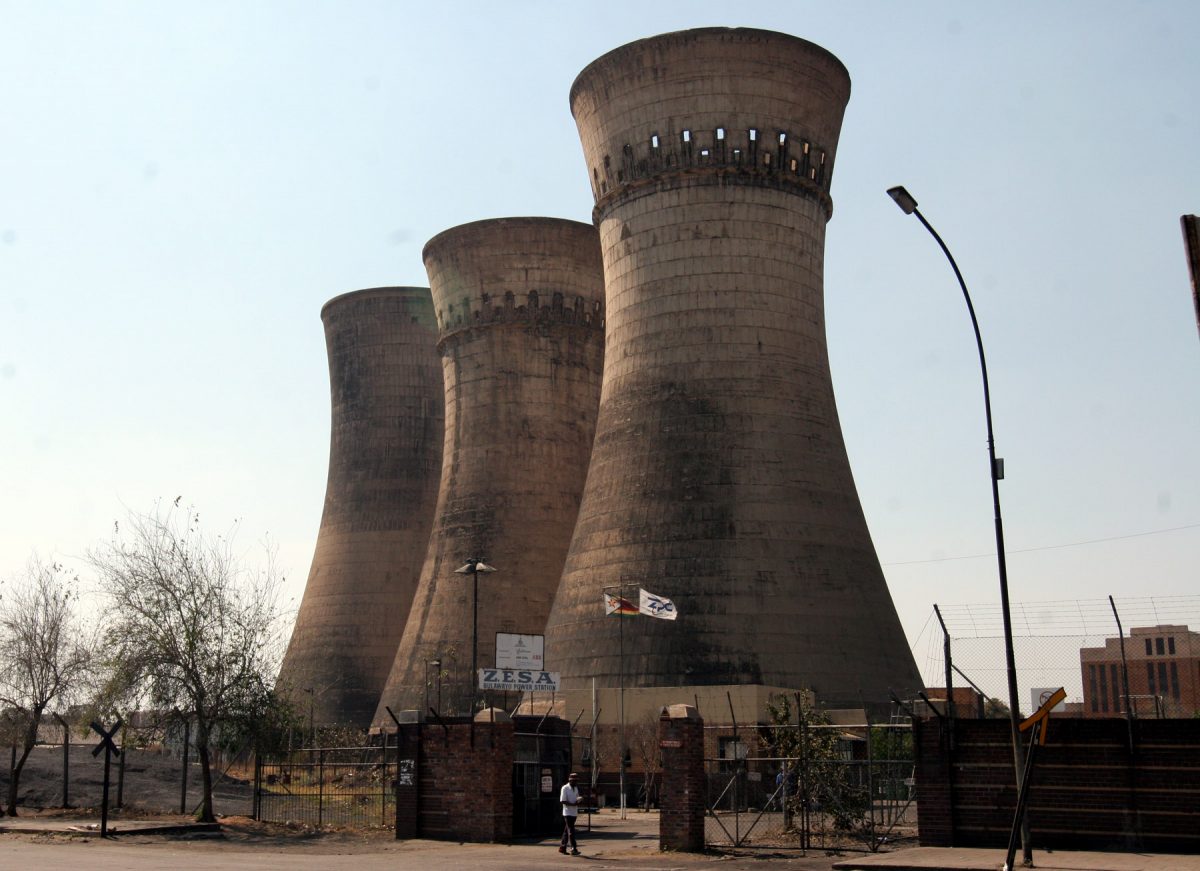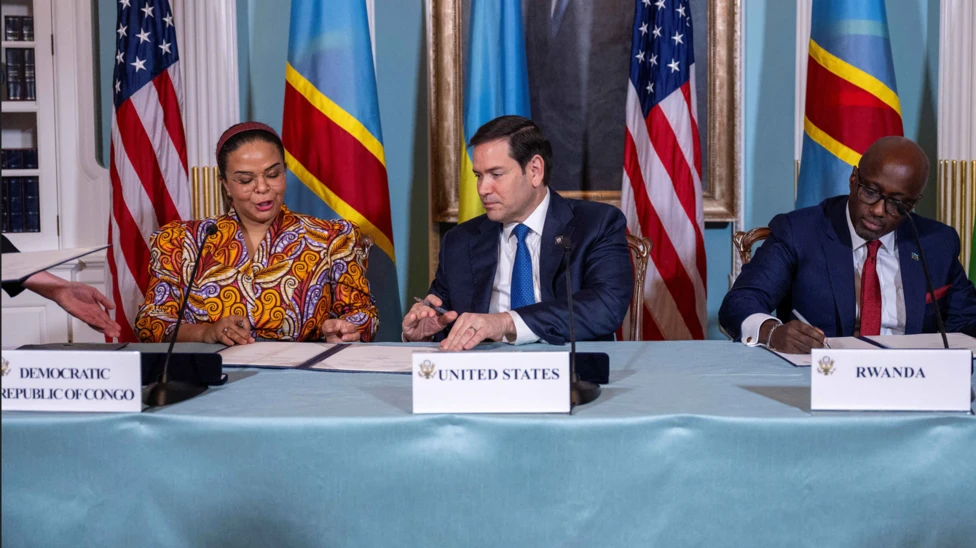LOAD shedding is perhaps the most topical issue in Zimbabwe with power going off at 5.30am and coming back 11PM. The result has been an introduction of additional inefficiencies into an already bleeding economy. Man hours are being lost while costs increase as desperate businesses turn to generators, if they can find the diesel.
The great worry is that there appears not to be a solution in sight.
Kariba is constrained by falling water levels with just 27 percent of usable water compared to 86 percent this time last year. Inflow into Kariba is approximately 33 percent of what was flowing in this time last year. At the same time, spillage (for generation) out of Kariba has not been reduced, continuing over the last 8 weeks at over 1,100M3 per second.
Hwange is a discombobulated mess. Built over 80 years ago, with little maintenance over the past 30 years, various units are constantly “down.” Complications further arise regarding coal concessions. This has resulted in the pressure to draw off Kariba. Hwange is producing 319MW (5th July) from an installed generation capacity of 920MW.
Our smaller thermal generating plants are faring no better. Munyati has an installed generation capacity of 100MW but was producing 0MW (5th July). On good days it delivers just 30MW. Bulawayo has an installed capacity of 90MW but was producing 0MW (5th July), sometimes it delivers up to 30MW. Harare was producing 15MW on the 5th of July against a possible “dependable capacity” of 30MW.
With a bill of US$90 million outstanding, and having taken 2 weeks to pay 10 million, imports are a distant dream. There is also a shortage of electricity in South Africa and Zambia, so the only exporter, HCB in Mozambique, will sell to people who pay first, surely.
Another unmentionable is the 50MW we must export to Namibia as part of the financing deal for the last upgrade on Hwange.
Now we see the scale of the problem. Total supply on 5th July was 908MW. This relates to a varying demand of nearly 1800MW.
With the cost of electricity subsidised at 1 cent (US$), compared to a regional 9 cent average, there no incentive for consumers to switch off electric heaters or geysers. It is unsustainable. The price for electricity has to go up substantially whether we like it or not.
While supply problems will remain with us for years, as we cannot afford imports, dams don’t fill overnight, and Hwange will require years, as the infrastructure is also in tatters. Ignoring the various units, we require 4000 transformers, thousands of miles of cable. Also not forgetting financial issues including devaluation, debt collection etc.
The hullabaloo about new projects, the methane projects and the waste to energy projects for the cities remain just words. Proposed projects and investors are met with stone walls and administration nightmares. City of Harare, for example, has issued two tenders in the past four years for the Pomona dump yet it has not responded to one applicant.
Surely, we can move♦ faster in this national crisis.
My resignation is that nothing can be done about production immediately, but something can be done about consumption:
♦ Zesa must name all the debtors, starting with the largest to the lowest.
♦ The price of electricity has to rise substantially with consideration to subsidising for special cases defined in a framework free from political interference and corruption.
♦ Duty and VAT on imports of renewable energy rated goods should be urgently reviewed. Solar geysers etc. should be prioritised, while electric geysers should be highly taxed on import.
Generators and spares should also be reviewed. Why is there a 5 percent duty on generators yet 65 percent on generator spares? We are in a crisis, this should have been done already. Why is 25 percent of the cost on an integrated solar home project going to duties and VAT still?
♦ Independent power producers should deal directly with a crisis group reporting to the minister to speed up the process and reduce corruption.
Unfortunately, we wait till we run out before we act; not only with electricity but everything: forex, fuel, maize, even passports! Indeed, electricity is actually a perfect mirror of government.
Rusty Markham is the MDC Harare North Member of Parliament. He sits on the Public Accounts Committee and the Local Government, National Housing and Public Works Committee
















